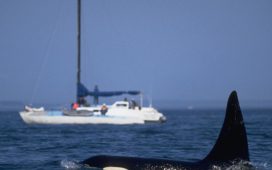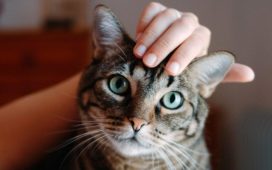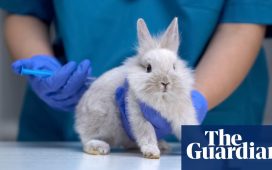At London zoo, the giraffes, which are easily visible from the street, had regular visitors even during lockdown, and an illuminated NHS sign on their famous building. Like most other attractions that rely on tourists for income, zoos forced to shut owing to the coronavirus face a financially fraught future. But the risks to captive animals and their keepers are nothing to those faced by wild creatures and the people who guard them. Already under huge pressure from multiple sources, international conservation efforts have been thrown into fresh chaos.
The picture that is emerging of the global impact of Covid-19 on wildlife is complicated. Fishing hours were found by researchers to have fallen by 10% in March and April, for example, while South Africa reported a 53% drop in the number of rhinos killed by poachers, compared with the first six months of last year (from 316 in 2019, to 166). The sudden dramatic fall in air pollution and traffic (road, sea and air) brought rapid if short-lived benefits for many of the planet’s non-human inhabitants. In the UK, as in other countries, people who could afford to took the opportunity of the lockdown to spend more time in the countryside or their gardens. So far, it is a bumper year for British butterflies.
But there have also been disasters, among them the killing in April of 12 rangers in the Virunga national park in the Democratic Republic of the Congo, which is home to around 1,000 endangered mountain gorillas. Last week in Uganda, a landmark ruling saw a poacher, Felix Byamukama, sentenced to six years in jail after he admitted killing a silverback mountain gorilla called Rafiki. In May and June, there was a mysterious die-off of around 350 elephants in Botswana, and the killing of six elephants in one day in Ethiopia by poachers who stole their tusks. Recent reports of Amazon deforestation have also been devastating.
Demand in countries including China and Vietnam for animal parts such as rhino horn, which is used in traditional medicines, along with ivory (which is illegal in China) and pangolin meat, has long been one of the drivers of wildlife trafficking. Conservation experts have pointed to a recent reduction in this kind of criminality as one of the pandemic’s consequences. But there are fears that stockpiles are already being built up, ready for when restrictions are lifted.
Unless there are alternative sources of income for the people who live near them, the likelihood is that these animals and others will continue to be hunted for meat or cash, or crowded out of shrinking habitats by farmers, miners and loggers. Conservation is costly and reliant on philanthropy and western visitors as well as far-sighted policymakers. While the environmental benefits of a permanent reduction in long-distance air travel are indisputable, it also threatens the viability of wildlife tourism. While Covid-19 does not affect animals and ecosystems in the way that it affects humans, it is putting them at risk.













